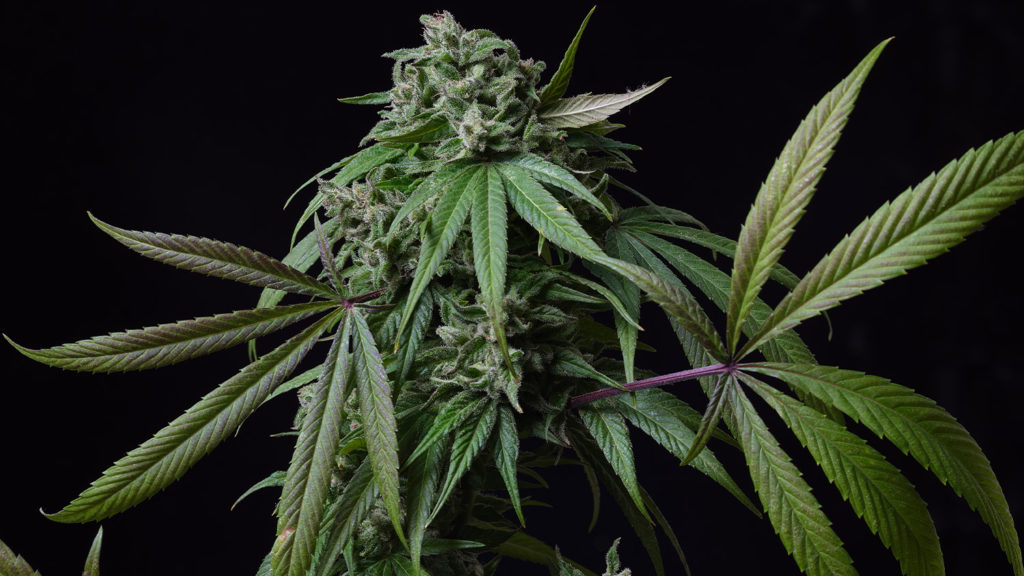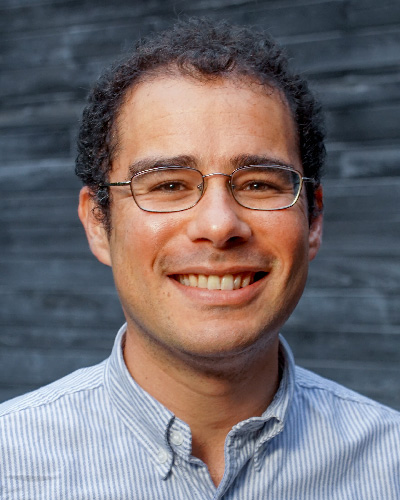

David Suchoff, North Carolina (N.C.) State assistant professor of alternative crops, was selected as the director of the new Hemp Research Consortium, initially funded by the Foundation for Food & Agriculture Research (FFAR) for up to $2.5 million. The consortium is a public-private partnership designed to align research-intensive and land grant universities’ research efforts with the hemp industry. The venture was announced at the recent Evolving Textiles Conference held at N.C. State.
“As a developing crop and industry, hemp faces many hurdles. But the unique synergies of this public-private partnership will allow us to address the limiting factors constraining farmers, processors, and product developers across the hemp supply chain,” Suchoff said. “It’s really blue ocean for the whole industry.”
Consortium members, including Agilent Technologies, IND HEMP, International Hemp, Oregon CBD, The Scotts Company and U.S. Sugar, are contributing matching funds (for a total investment of up to $5 million) to finance collaborative research at Cornell University, NC State University and the University of Kentucky.
“Hemp is an incredibly versatile crop well-suited to current agricultural systems — especially in North Carolina,” Suchoff said. “The consortium will coordinate transdisciplinary research that leverages the immense technical and intellectual resources from our academic and industry partners. Our coalition will tackle the challenges constraining this industry and will accelerate progress.”

Hemp Research Starts From Scratch
The research infusion is desperately needed, as hemp holds a disadvantage compared to traditional crops. Past restrictions mean investigators like Suchoff are starting from scratch on understanding hemp genetics, breeding, production and end-use applications.
Suchoff’s applied research and Extension program has become an objective resource for growers eagerly seeking alternative crops. His work has already demonstrated just a few of the challenges growers face to produce hemp.
In North Carolina and across the Southeast, producing a marketable fiber hemp hinges on selecting the right fiber hemp variety. But his research shows that options are limited. The consortium’s collaborative research model aims to change that.
“Along with International Hemp and Cornell’s Dr. Larry Smart, the nation’s leading hemp breeder, we’re developing regionally adapted fiber hemp varieties to fill the significant unmet demand for local fiber hemp in North Carolina’s textiles and nonwoven industries.
“We’ll pair industry input on fiber/hurd needs with an iterative cycle where breeding and production practices are tested, the product evaluated, and results plowed back into our field trials. In doing so, we’ll hone our genetics and production practices to maximize farmers’ confidence in hemp’s productivity and profitability.”
The consortium was organized precisely to absorb and deter hemp’s current risk profile. The group’s initial research priorities include breeding and genetics; hemp production systems, including pest and disease management; controlled environment production systems; novel product development and engineering; and training of a diverse workforce.
“Growing hemp is financially risky, and currently, much of the risk falls on growers,” said Jeffrey Rosichan, scientific program director of FFAR’s Next Generation Crops Challenge Area. “Hemp growers can’t [currently] be guaranteed of consistent yield, quality or THC levels that meet regulations. The Hemp Research Consortium is committed to making hemp a widely used crop by providing growers with the resources to ensure successful and profitable harvests.”

Cosmetics, hemp milk, hemp oil, cookies, brownies and nutritional supplements.
Nurturing An Emerging Industry
The Hemp Research Consortium will represent and serve the entire hemp industry including growers, processors, retailers and consumers. All will benefit from hemp’s meaningful environmental and economic benefits. As a crop, it improves soil structure and fertility; sequesters an abundance of carbon and offers an excellent, drought-tolerant interruption in traditional crop rotation.
“It’s a true honor to be selected as the consortium’s director,” Suchoff said. “I look forward to working with our executive committee to strategically cultivate the consortium, coordinate activities and disseminate forthcoming findings. I’ll also work to expand consortium membership, fortifying and diversifying our academic and private partnerships.”










